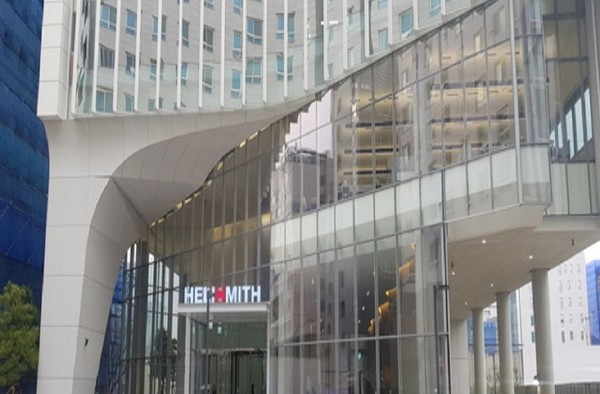The incumbent management of Helixmith has succeeded in defending its managerial rights from minority stockholders by winning a vote during an extraordinary shareholders’ meeting on Wednesday.

As a result, Helixmith CEO Kim Sun-young and the company’s top management will continue to have control over the company. Minority shareholders, who had sought to kick out Kim, managed to amend articles and send two new members to the board of directors.
The company said it would normalize operations as soon as possible.
"The management will meet with new directors soon to find ways to develop the company and enhance shareholder value," the company said. "On the occasion of the shareholders’ meeting, the company will adjust the roles and responsibilities of each director to improve efficiency and transparency, maximize the success of our gene therapy Engensis, and ensure responsible management."
CTO Yu Seung-shin said, "We express our deepest gratitude to the shareholders for considering the company’s future at the extraordinary shareholder meeting."
She added that the company would humbly accept this result and do its best to improve the company's systems and operations. In addition, the company will do its best to work closely with the two directors appointed this time to grow Helixmith into a world-class biotech company.
The win will also allow CEO Kim to focus on developing the company’s ambitious new gene therapy, Engensis, in the U.S.
Kim had been struggling to keep control over his company since last year as some of the company's shareholders have been trying to replace him with a professional manager.
The minority shareholders' move came after a hiccup in developing Engensis and its controversial capital increase last year. Helixmith carried out a large-scale capital increase last year, reversing its previous pledge that there would be no capital increase in 2020.
The company also notified its investors that it had invested about 264.3 billion won ($231.9 million) in high-risk, high-return financial alternative assets since 2016 and lost part of the money, enraging the already disgruntled shareholders. The investment into insolvent funds raised concerns about the Korea Exchange (KRX) designating the company as an administrative issue. The company narrowly avoided the crisis thanks to a successful capital increase but still has difficulty recovering the investment.
Minority shareholders also complained about the process of Helixmith setting up its two subsidiaries -- Neuromyon and Cartexell – as they pointed out that the affiliates are eroding Helixmith's R&D expenses and that the company's management, including Kim and his son, are the shareholders of the two subsidiaries.
In response, Helixmith announced that it would liquidate Neuromyon and return the shares of Cartexell owned by executives and related persons back to Helixmith in April last year.
As the anger of shareholders spread, Kim hastily tried to calm the situation. At a shareholder meeting held on March 31, Kim announced that he would donate all of his stock to the company if the Engensis clinical trial fails or Helixmith’s share price does not reach 100,000 won ($87) by the end of October 2022.

